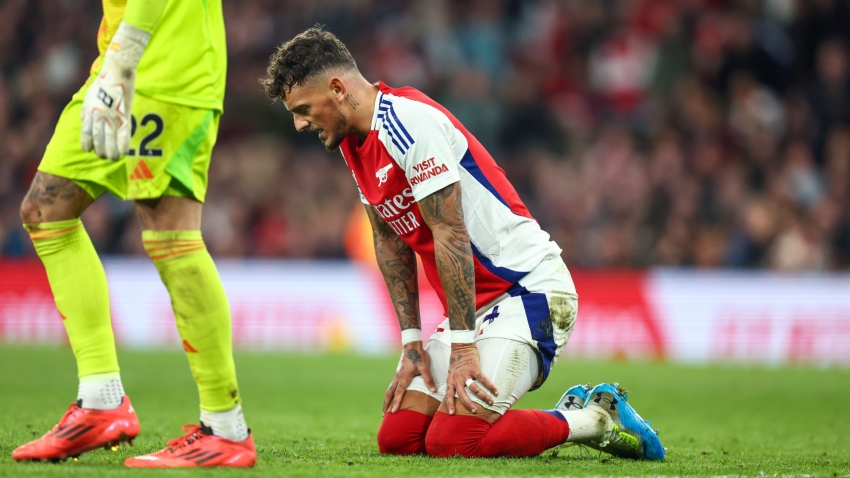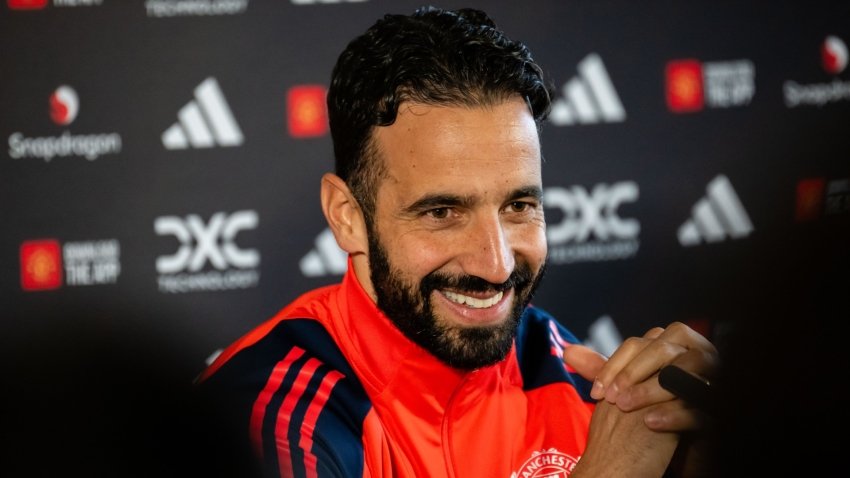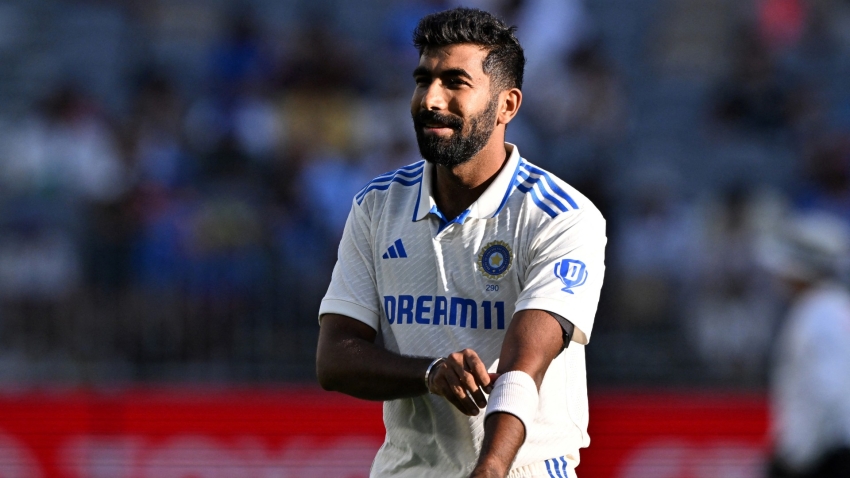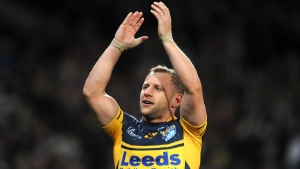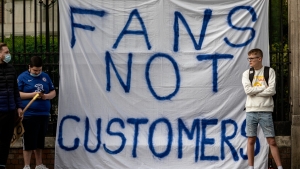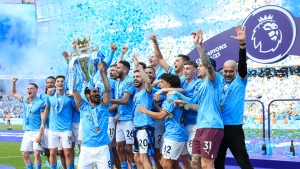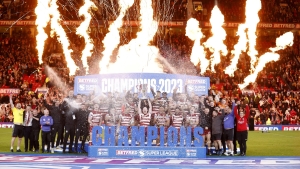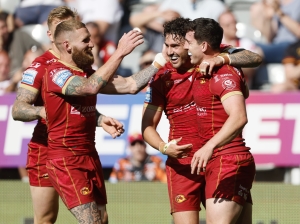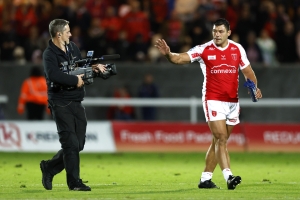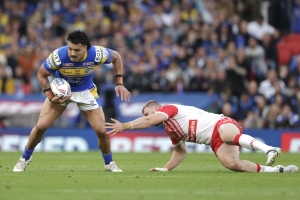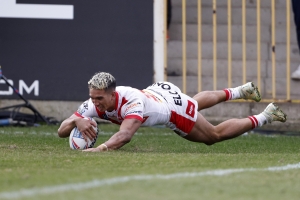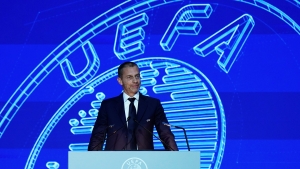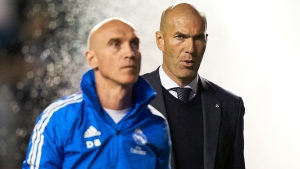The European Super League's pledge to stream all matches for free is unsustainable and merely a ploy to coax fans into supporting the project.
That is the view of finance expert Dan Plumley, who does not see how a breakaway competition could offer enough prize money to earn the support of clubs while showing games for free.
Despite a backlash from fans, players and media thwarting the Super League's attempted launch in 2021, the project reared its head again this week with a reworked format being announced.
After the European Court of Justice (ECJ) ruled FIFA and UEFA "abused a dominant position" in blocking the Super League two years ago, the competition's organisers, A22 Sports, revealed a new format for the tournament, which is still supported by Real Madrid and Barcelona.
The plan features promotion and relegation across three tiers and also includes a promise to make all games free to stream, but Plumley doubts whether that is possible.
"Everything we've seen throughout history would point to the fact that won't be sustainable, which is where the finances and the distribution models get interesting," he told Stats Perform.
"We've seen the proposed format of the new ESL but we've not seen the financial distribution mechanisms, we've not seen where the money's coming from and if you are going to promote a free-to-air model through a streaming service, that obviously looks good for the fans.
"But at some point you have to have some form of broadcaster to be able to generate prize money and to generate the finances of the competition.
"Everything I've seen throughout the years would suggest that you can't go that long without a decent broadcasting deal or big commercial and sponsorship partnerships."
Asked whether the promise of free coverage was purely intended to get fans onside, Plumley added: "Yeah, for sure.
"You've probably made the most relevant point there, which is how much people are paying currently for sports subscription content.
"Talking from a basis of us being located in the UK, it's not cheap. If you want a Sky Sports subscription, a TNT Sports subscription, the Amazon one… it does become quite costly for the fans.
"So to have something that is free at the point of consumption is obviously a hook for fans to come on board with it.
"I think we've clearly seen the backlash in the UK with the English clubs and many English fans.
"Even if it is free-to-air and dependent on the clubs that would be involved, I think some would still turn around and say: 'No, thank you very much. Even if it's free, I'm not interested'.
"But there is a whole range of international fans out there that follow European football and follow some of these clubs. Maybe some of those are interested.
"You look at it through your own lens, but you also have to look at it through the lens of others. Obviously it's a ploy to try and get some positivity on board by offering it free-to-air."
Plumley said the only way the project could succeed financially with a free-to-air model was through the potential involvement of a state wealth fund.
"I think where you might see some shift in the future, and this might start to make it bigger than Europe, is will we see sovereign state wealth funds or private equity consortiums get involved with the financing of the competition, to enable them to show some free-to-air content?" Plumley said.
"In the 2021 project, it was supposed to be financed by JP Morgan and we saw that American influence, we've seen an explosion in Saudi Arabian football in the last couple of years.
"Do one of those other big players in the market get involved in the future? I think all those questions are a little bit up in the air at the minute.
"At some point, you have to start talking about broadcasting deals because there's only so much free-to-air content you can give away if you're going to be putting a load of prize money on the table."










